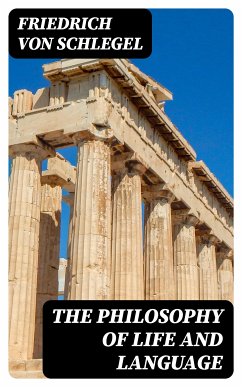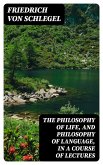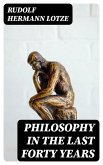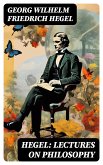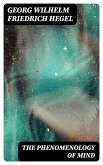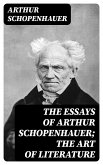Friedrich von Schlegel's 'The Philosophy of Life and Language' delves into the interconnected nature of life and language, exploring the complexities of human existence through a philosophical lens. Written in the Romantic era, Schlegel's work blends poetry, philosophy, and literary criticism, making it a unique and captivating read. By discussing the role of language in shaping our understanding of life, Schlegel challenges readers to question the essence of existence itself. His rich and intricate prose style adds depth to his already profound insights, inviting readers to ponder the mysteries of human experience. Friedrich von Schlegel, a prominent figure in German Romanticism, was known for his innovative ideas on literature, aesthetics, and philosophy. His deep fascination with the connection between language and life is evident throughout the book, showcasing his intellectual curiosity and philosophical depth. 'The Philosophy of Life and Language' is a must-read for those interested in exploring the intersections between language, consciousness, and existence. Schlegel's thought-provoking analysis will leave readers inspired and contemplative, challenging them to reconsider their perceptions of reality and language.
Dieser Download kann aus rechtlichen Gründen nur mit Rechnungsadresse in A, B, BG, CY, CZ, D, DK, EW, E, FIN, F, GR, H, IRL, I, LT, L, LR, M, NL, PL, P, R, S, SLO, SK ausgeliefert werden.

